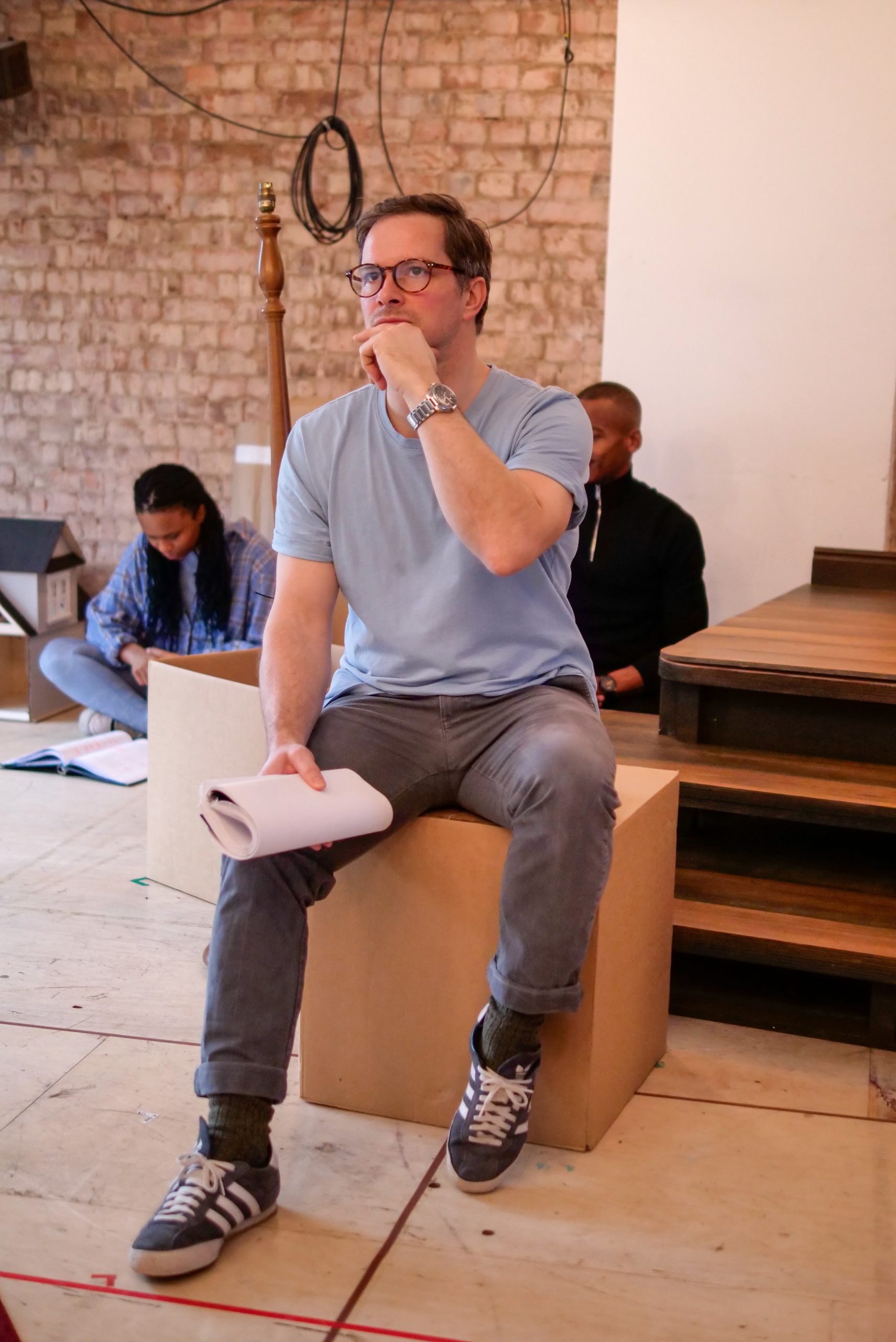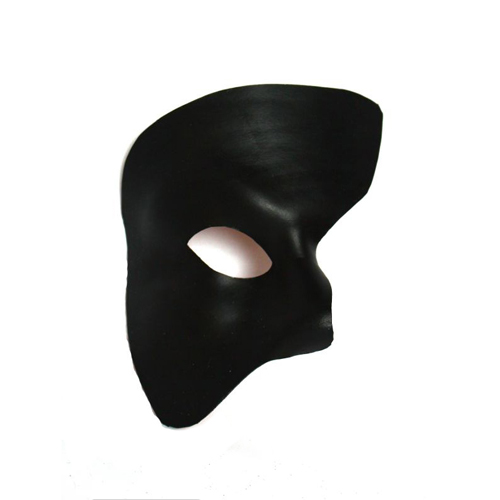Andrew Langtree is a British stage and screen actor currently starring in Clybourne Park at The Park Theatre. Clybourne Park is an award-winning play by Bruce Norris written as a spin-off to Lorraine Hansberry’s play A Raisin in the Sun. I got to speak to Andrew behind the scenes about the importance of the play and posting silly dog pictures.
A behind the scenes chat
How did you get into acting, was there a particular performance you saw that resonated with you?
Behind the scenes, I primarily got into acting by taking part in improv classes at school and then I joined an amateur group. Years later, me and some friends started our own group and produced our own plays on a shoestring. I tended to be drawn to any play which really transported you somewhere. I recall seeing a very good production of Dancing at Lughnasa at The Liverpool Playhouse, which left an impression.

I also saw The Woman in Black there, which I loved for the bare set and the tiny cast playing every character. The productions which really made me want to get into theatre were both in Stratford in the early nineties. Henry V, directed by Matthew Warchus and The Merchant of Venice, under the direction of David Thacker. I’ve had the pleasure of working with both of those directors since.
Can you tell us about your current, project: Clybourne Park what drew you to the piece?
Clybourne Park was a piece I’d never read until I was asked to audition for this production. I was instantly struck by the razor-sharp dialogue and the brilliant way in which Bruce Norris has the subject matter twist and turn, very naturally, to bring us to the final conclusions of each act. It struck me as shocking and funny and challenging and something which doesn’t lecture but asks so many questions of both the actors and the audience. I had to be involved.
How would you describe your character (Karl/Steve)?
Each actor plays a different role in each act. My first character, Karl, has been seen before in the brilliant play, A Raisin in the Sun, by Lorraine Hansberry. If you’re familiar with that play, the motives he arrives within Clybourne are clear. In this play though, we get to see more depth to him.
To me, he seems to represent the mouthpiece of the powerful white members of the community presented in 1959. He speaks for the Rotarians, but also for a systematically racist wider society. Steve is a character who is ignorant in a very different way. He’s educated, but also lacks tact and is extremely pedantic, to the point of causing offence to just about everyone present.
What would you say to anyone thinking of coming to see Clybourne Park?
First of all, it’s a rare opportunity to see a brilliant play, which won the Tony, the Olivier and a Pulitzer Prize when first staged. These plays don’t come around very often. After that, I think I’d advise people to attend with an open mind.
The play tackles some very difficult subject matter and goes to places you perhaps don’t visit very often in a theatre. Difficult questions are posed by the play, but not necessarily answered.
What has been your favourite role you have played and why?
This is always such a difficult question. I’ve been fortunate enough to play such a wide range of parts in everything from Brecht to Boucicault and Shakespeare to Neil Simon. I seem to be cast in the opposing roles of villain and victim rather a lot, but I have to say, behind the scenes, I mainly enjoy playing a character with an interesting arc, or someone who drives the story along. I loved playing The Gentleman Caller in The Glass Menagerie and George in Of Mice and Men.
What is the most rewarding thing about your work?
I think there are so many behind the scenes challenges to having a career in the arts nowadays, that just doing the work has to be reward enough. Sometimes you’re lucky enough to visit some interesting parts of the world too, which is always a perk.

Who are your influences and inspirations?
Crikey! Anyone who throws themselves into a role and brings something unexpected I suppose. British theatre and film seem to have a long roll call of superb actors to watch and learn from, but then I do find myself in awe of American screen actors and their understanding of the form behind the scenes.
What kind of theatre excites you?
No particular kind, but I do feel there are certain elements which enhance your experience as an audience member. It starts with the material. There’s no substitute for great writing. I love encountering the unexpected though, or just the inventive. I love that good theatre incorporates so many elements; music, design, illusions, puppetry, and dance. I’ll take all of the above if it’s on offer.
Is there a role you would love to play in a show?
Are you offering me a part? I don’t know. I’ve had the most fun playing roles I’d never expected to play and I’m always just happy to be working. I did recently message a friend who was playing a great part in a play I always loved. I just wanted to send them a bit of a gee up before their tech really.
Where can people follow your work on Socials and learn more about your work behind the scenes?
I’m utterly terrible at social media. I love that it’s out there, but I find it tricky enough just to have breakfast in the morning without getting hopelessly distracted, so behind the scenes, I got rid of most of the social media I dipped my toe into.
I am still on Twitter though and occasionally share something close to interesting/amusing. Mostly our dog-pulling faces: @andylangtree.
See Andrew in Clybourne Park at the Park Theatre now and for more behind the scenes theatre discussion, head here.


